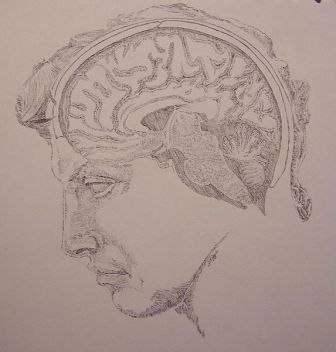Embodied cognition, the idea that the mind is not only connected to the body but that the body influences the mind, is one of the more counter-intuitive ideas in cognitive science. In sharp contrast is dualism, a theory of mind famously put forth by Rene Descartes in the 17th century when he claimed that “there is a great difference between mind and body, inasmuch as body is by nature always divisible, and the mind is entirely indivisible… the mind or soul of man is entirely different from the body.” In the proceeding centuries, the notion of the disembodied mind flourished. From it, western thought developed two basic ideas: reason is disembodied because the mind is disembodied and reason is transcendent and universal. However, as George Lakoff and Rafeal Núñez explain:
Cognitive science calls this entire philosophical worldview into serious question on empirical grounds… [the mind] arises from the nature of our brains, bodies, and bodily experiences. This is not just the innocuous and obvious claim that we need a body to reason; rather, it is the striking claim that the very structure of reason itself comes from the details of our embodiment… Thus, to understand reason we must understand the details of our visual system, our motor system, and the general mechanism of neural binding.
What exactly does this mean? It means that our cognition isn’t confined to our cortices. That is, our cognition is influenced, perhaps determined by, our experiences in the physical world. This is why we say that something is “over our heads” to express the idea that we do not understand; we are drawing upon the physical inability to not see something over our heads and the mental feeling of uncertainty. Or why we understand warmth with affection; as infants and children the subjective judgment of affection almost always corresponded with the sensation of warmth, thus giving way to metaphors such as “I’m warming up to her.”
Via
ddrrnt



 Your new post is loading...
Your new post is loading...
















About stories, mental laziness, cognitive biases, manipulation